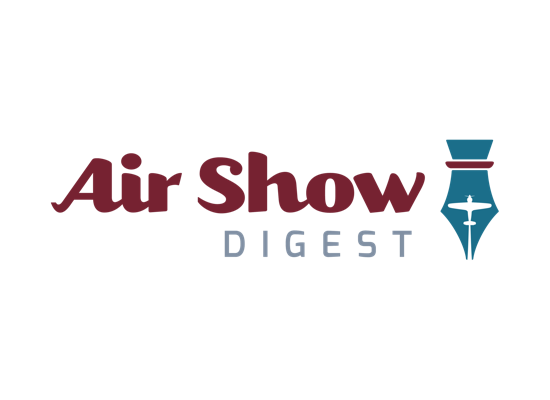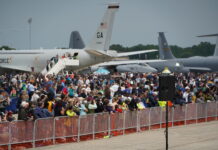Everyone knows that sponsorship is the lifeline for any event business, including air shows. So, attracting and maintaining sponsors should be the number one priority for the air show industry. While I believe it is the priority for most members of our industry, collectively, we have had a poor track record over the past two decades in developing and retaining national sponsors. A healthy sponsor base provides for healthy events. So it’s no wonder that decline in sponsorship may also be a major reason for the loss of so many air shows in North America over that same period of time.
But why is it so difficult to build and maintain a national base of sponsors? Why are sponsors not inclined to embrace what seems to be a very desirable demographic, young families? And why have air shows been left behind in the chase for corporate dollars?
Perhaps it is the business model. For the past twenty years, our company has been working with national sponsors, performers and events that are all frustrated by the short planning cycle directly attributable to the timing of the release of the jet team schedules in December. This seemingly minor item puts the entire industry at a significant and debilitating disadvantage.
While the air show industry has an outstanding product to offer sponsors, we fail to give our members an opportunity to compete for major sponsor dollars given our scheduling process. Sponsors cannot fully embrace an industry that has a different planning cycle than that of the corporate world. Each year, we set ourselves up for failure by not recognizing that our way of doing business is not compatible with that of the companies we are targeting for investment.
And let’s face it: planning and executing an air show in four months is borderline crazy for many reasons, not only sponsor development issues. We could all do a better job if we had more time to plan. If we could just get the jet team schedules one year earlier, it would make all the difference in the world.
I would propose that, as an industry, we reach out to all of the jet teams and ask that they consider announcing their performance schedule one year earlier than they normally do. At the ICAS Convention in 2009, the teams would release both their 2010 and 2011 schedules. We would use the same DD2535s with the August 1st deadline. Then, starting at the 2010 ICAS Convention, the teams would release their 2012 schedule, getting back to normal in releasing just one schedule at a time. This would certainly take some coordination and senior leadership approval. But, ultimately, it would be best for every stakeholder in the business, including the jet teams.
So what would be the result of extending the scheduling out an additional twelve months?
For event organizers, it would give them at least 15 months to plan their show. Sponsorship coordinators and performers would now be able to propose marketing opportunities that coincide with the budget cycles of their targeted companies.
Performers could book shows a year or more in advance allowing them to talk logically to prospective sponsors with the actual dates and cities where they will be performing during the following year.
All of the support service providers would benefit given the ability to plan their work at least a year in advance. And, given the improved financial condition the shows would invariably have from the change, they would have more discretionary money to hire acts, and talented professionals to help make their shows better and better.
Sponsors would now consider events and performers for sponsorship on an equal basis with other sponsor opportunities that compete for its marketing dollars. Air shows would be on a level playing field for the first time. No longer would air shows be out of sync with the corporate world.
Given the longer planning cycle, event organizers could do a better job promoting their events and the military recruiters could have a better opportunity to schedule media rides and school visits. Concessionaires could plan their staffing and capital commitments with more precision and be in a position to seek other business on open weekends given the greater lead-time. A longer planning cycle would benefit all of the military air shows by offering more time to integrate the show into their operations plan.
Setting the jet team schedules one year in advance would even give the markets that would like to host a show without a jet team far more options to consider, including dates, talent and the like.
Ultimately, changing the scheduling process will allow sponsors to embrace our industry in a more meaningful way. And the benefits will flow to every member of our industry. We have all envisioned great things for our businesses and I am confident that this will be a major step towards maximizing the potential of this amazing industry.








